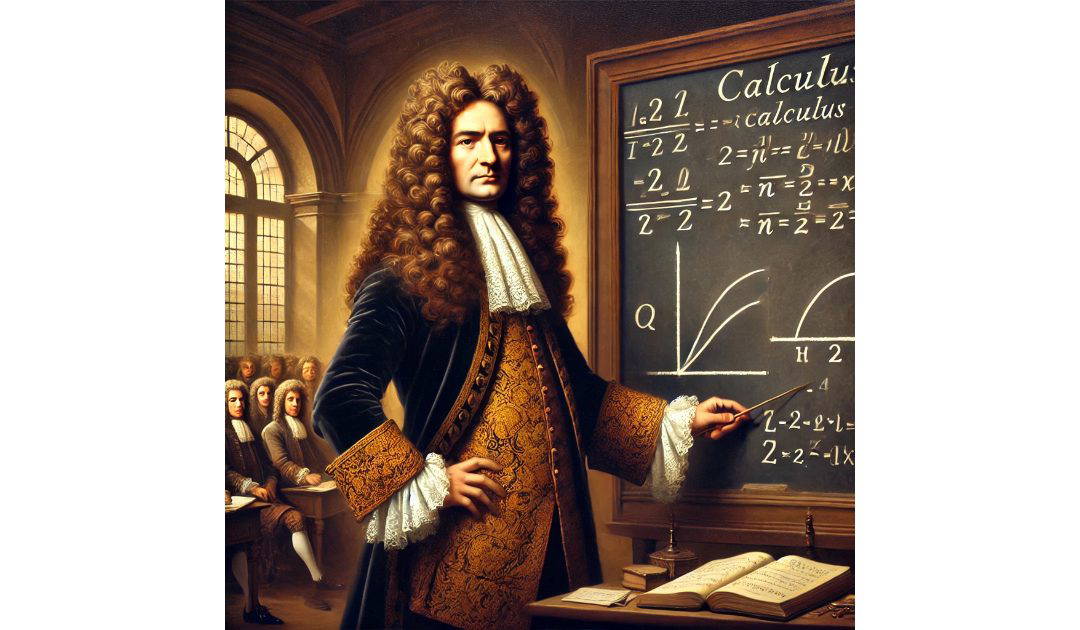I usually volunteer to keep the scorecard when playing golf. However sometimes I make mistakes. Despite having three ‘A’ levels in maths and a degree in engineering science, I sometimes joke that maths has nothing to do with numbers. Perhaps it’s the writer in me, but I’m much more comfortable with algebra and calculus than arithmetic. The (sometimes fallible) On This Day website tells me that on the 29th October 1675 Gottfried Wilhelm Leibniz made the first use of the long S and helped discover integral and differential calculus. But Leibniz was much more than that.
Gottfried Wilhelm Leibniz (1646–1716) was a German polymath who made foundational contributions across philosophy, mathematics, logic, and even engineering. He is perhaps best known today for inventing calculus independently of Isaac Newton. While this discovery sparked a rivalry between the two men’s followers, Leibniz’s notation for calculus (like the integral sign and “d” for derivatives) became widely used and remains standard today.
Leibniz’s philosophical ideas were equally pioneering. He proposed the concept of “monads,” which he saw as the fundamental building blocks of reality. Unlike atoms in physics, monads were indivisible, immaterial, and represented units of consciousness, each reflecting the universe uniquely. Through this, Leibniz offered a deeply optimistic view of existence. Famously, he argued that we live in “the best of all possible worlds,” a statement often misinterpreted as naive but meant to express his belief in a rational universe governed by a harmonious, divine logic.
Leibniz was also ahead of his time in envisioning machines and systems that could advance human knowledge. He devised an early calculating machine and advocated for a universal language of symbols to encode ideas, a precursor to symbolic logic and computer science. He even developed early ideas on binary code, which would later form the foundation for digital computing.
Beyond science and philosophy, Leibniz was committed to bridging divides, notably seeking to reconcile differences between the Catholic and Protestant churches. His life reflected his belief in interdisciplinary learning, and his work left an enduring legacy that impacted various fields, from modern mathematics and computing to philosophy and theology.
Today, Leibniz is remembered as a visionary thinker whose ideas not only addressed the intellectual challenges of his time but also anticipated the technological revolutions that would shape the centuries to come. I think I’d have rather liked Leibniz.

